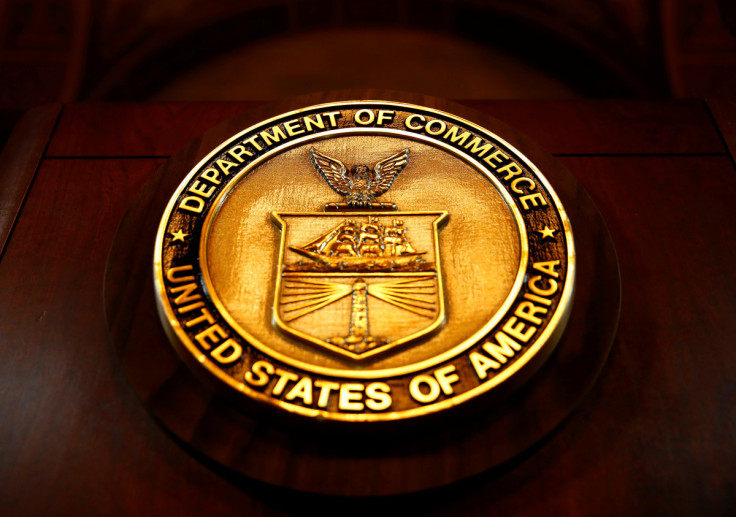Biden, US Could Impose Rules On ChatGPT Over Fears Of AI Tools For Crimes

KEY POINTS
- The Commerce Department requested comment on AI accountability measures
- The Justice Department and FTC warned AI companies against committing fraud and anti-competition
- President Joe Biden said AI's potential risk "remains to be seen"
The Biden administration is mulling imposing regulations on artificial intelligence tools, including the popular AI chatbot ChatGPT, amid fears that they could be used to commit crimes or spread falsehoods.
The Department of Commerce released on Tuesday a formal public request for comment on accountability measures for AI technology, the Wall Street Journal reported.
These include whether potentially risky new AI tools should undergo a certification process before they are released to the public.
"It is amazing to see what these tools can do even in their relative infancy," said Alan Davidson, head of the National Telecommunications and Information Administration, the Commerce Department agency that requested comments.
"We know that we need to put some guardrails in place to make sure that they are being used responsibly," Davidson added.
In the next 60 days, the government agency will accept feedback from the public, including from researchers, industry groups, and privacy and digital rights organizations, on the development of audits and assessments of AI tools. It will then use the comments to guide policymakers about how to approach AI technology.
Davidson said during a Tuesday press conference that they are looking to establish guardrails that would allow the government to determine whether AI systems perform the way companies claim they do, whether they have discriminatory outcomes or "reflect unacceptable levels of bias," whether they spread or perpetuate misinformation, and whether they respect people's privacy, The Guardian reported.
He noted that there is an "urgent" need to establish rules for AI tools quickly as "AI technologies are moving very fast in some ways."
Amid the absence of a federal law focused on AI systems, some authorities have turned to their existing mandates to keep the technology in check.
Financial regulatory bodies have investigated whether lenders used AI to underwrite loans in a bid to prevent discrimination against minorities.
The antitrust division of the Justice Department said it is monitoring competition among AI developers. The Federal Trade Commission, meanwhile, warned AI companies of legal consequences if they make false or unsubstantiated claims about their products.
Concerns about AI's capabilities continue to snowball among government officials and tech industry leaders.
In a meeting with the White House Council of Advisors on Science and Technology last week, President Joe Biden said the potential risk of AI technology "remains to be seen."
However, Biden urged technology companies to "address the potential risks to our society, to our economy, to our national security," Fox News reported.
Democratic Sens. Michael Bennet of Colorado and Richard Blumenthal of Connecticut have also expressed concern about AI's rise and safety implications.
Bennet called on tech companies to ensure children's safety as some AI-powered chatbots provide troubling advice to users.
On the other hand, Blumenthal is pushing for congressional action to tackle the issues surrounding the technology.
Last month, Elon Musk and a group of artificial intelligence experts and industry executives called for a six-month moratorium on the development of systems more powerful than the latest version of OpenAI's AI chatbot, GPT-4.
In the letter published by the non-profit Future of Life Institute and signed by more than a thousand people, Musk and other tech leaders pushed for developing shared safety protocols and independent auditing processes for advanced AI projects.
Microsoft-backed OpenAI, a leading AI research and deployment company, welcomed moves to evaluate the technology's potential risks, saying in a recent blog post that "powerful AI systems should be subject to rigorous safety evaluations."

© Copyright IBTimes 2024. All rights reserved.






















